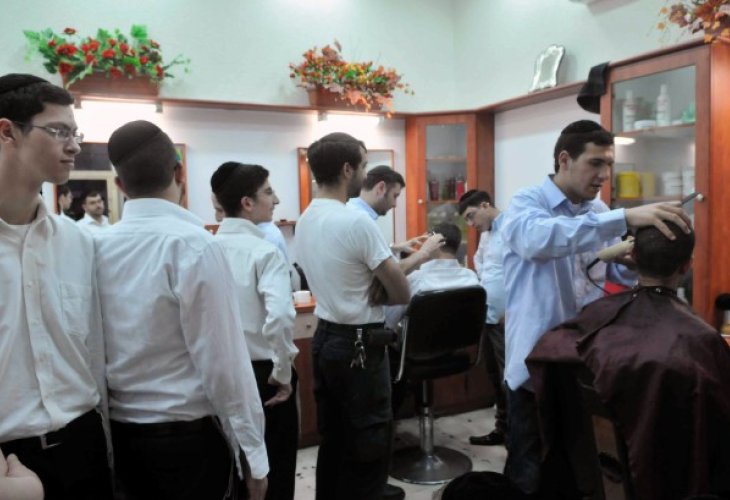Days of Counting the Omer: What is Permitted and What is Forbidden?
Discover the essential customs observed during the Omer period, from haircut restrictions to music limitations, and understand how to properly honor this time of reflection.
 Counting the Omer
Counting the OmerThe Sages said (Yevamot 62b): "Rabbi Akiva had twelve thousand pairs (24,000 students), and they all died in one period, because they did not treat each other with respect. And they all died from Passover until Shavuot". For this reason, we observe several mourning customs during the days of Counting the Omer.
Main mourning customs observed during the Counting period (Shulchan Aruch, section 493):
A. Not to marry; B.Not to get haircuts or shave; C. Not to listen to musical instruments; D. Not to engage in dancing and celebrations.
Mourning customs during the Omer period
A. The Sephardic custom is to observe these mourning practices from Passover until the morning of the 34th day of the Omer, which is the opinion of the Shulchan Aruch. Therefore, one should not be lenient regarding any mourning customs on the 33rd day of the Omer.
The custom of some Ashkenazi communities is to observe mourning practices from Passover until the eve of Shavuot, being lenient only on Lag BaOmer (the 33rd day). Since there are several additional customs in this matter, everyone should consult their rabbis about how to conduct themselves.
B. The Sephardic custom is not to marry from Passover until the morning of the 34th day of the Omer after sunrise (Shulchan Aruch, ibid).
C. The Sephardic custom is not to cut hair or shave, whether head hair or beard, from the eve of Passover until the morning of the 34th of the Omer after sunrise. Women are not included in this restriction, and some say that even according to Ashkenazi custom, one can be lenient for women. Nevertheless, Ashkenazi women should consult a rabbi for a ruling.
D. Some have the custom not to cut hair or shave from the eve of Passover until the 49th day of the Omer (the eve of Shavuot), which is the opinion of the Arizal and our Kabbalistic scholars. One who has been stringent according to the Kabbalists and wishes to abandon this custom should perform Hatarat Nedarim (annulment of vows).
E. During the Omer period before the 34th day, on Fridays, one should avoid listening to songs accompanied by musical instruments, even on the radio.
F. It is permitted to play musical instruments at a meal celebrating a mitzvah during the Omer period, such as: a festive meal for a brit milah, pidyon haben, completion of a tractate, or a festive meal honoring a bar mitzvah (when the bar mitzvah is at its proper time).
G. It is permitted to recite the blessing of 'Shehecheyanu' over a new fruit during the Omer period, whether on a weekday or Shabbat. It is also permitted to purchase new clothes, though some are strict about this.
H. It is good to be strict as a measure of piety not to wear new clothes from the first of Iyar until the 34th day of the Omer. When necessary, one should preferably wear the new garment on Shabbat during the Omer period and recite Shehecheyanu.
I. One may be lenient, even initially, to wear new clothes and recite Shehecheyanu for the joy of a mitzvah, such as a bar mitzvah celebration, brit milah, pidyon haben, or a new tallit.
J. It is permitted to move into a new home during the Omer period, and one need not be concerned about postponing entry until after Lag BaOmer. When entering a new home, one should recite Shehecheyanu over a new fruit, with the intention to include the new home in the blessing.
K. It is the custom of Israel to read the Mishnayot of Pirkei Avot during the days of counting the Omer, and the practice is to read them on the Shabbatot within the Omer period, from the Shabbat after Passover until Shavuot.
Rabbi Shai Amar is a rabbi in the Halacha department of Hidabroot
Questions for the rabbi 054-8448909
For more about the source of this mitzvah, click here.
Rabbi Yitzchak Yosef Shlita - Laws of Counting the Omer:

